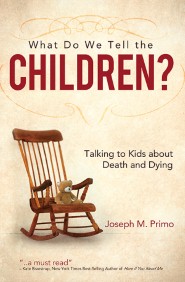
Last week I had a great phone conversation with someone who had attended a seminar of mine in the past. The caller was exploring long-term care options, and we have a very enjoyable conversation about the pros, cons, and unknowns (that is an entirely different article from this post). The caller raised a key question when updating or creating an estate plan "who do I know who is savvy enough to understand this long-term care contract, because if it comes into play, I'm not healthy enough to advocate for myself?"
Excellent question. All too often I see people with a knee-jerk response to the question who do you want to list as your agent on the power of attorney for finance. My son, because he is the oldest or my sister, because if I do not she'll nag me until the day I die -- all things I have heard from clients. And in my opinion insufficient. If you are too sick to make your financial decisions, who in your circle of family or friends has the time, knowledge, backbone and sophistication to navigate your insurance contract, file your taxes, pay the mortgage and manage your checkbook. Remember, if that circle does not contain an appropriate candidate you can always turn to a professional. Banks, trust departments and accountants are all businesses with the desired skill set.
Thanks for reading, and remember, a blog is not legal advice. Please consult an attorney in your state for advice specific to your situation.


